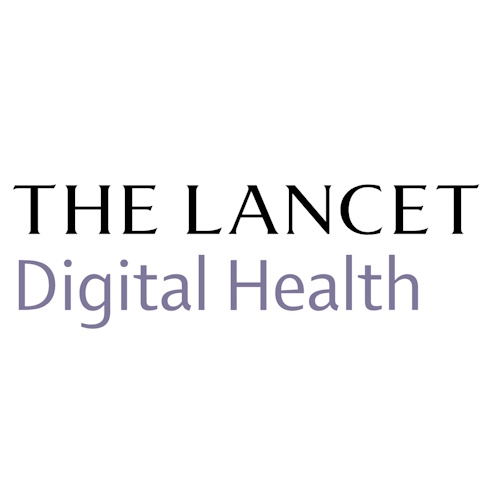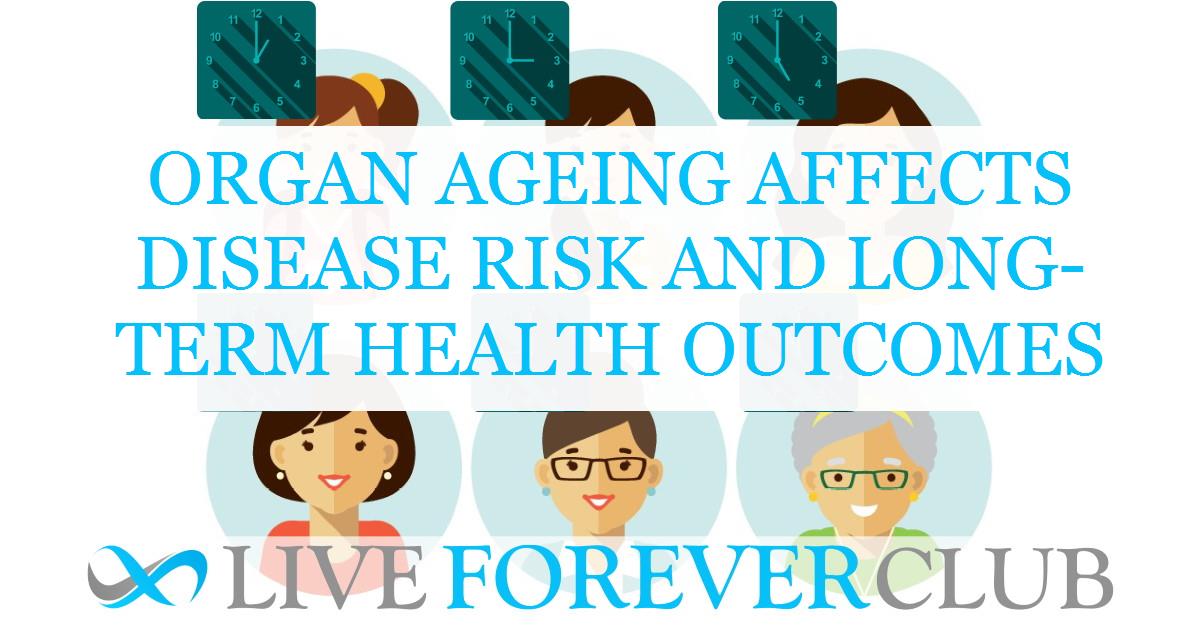Ageing affects the human body in complex ways. While some people experience rapid health decline, others maintain good health despite growing older. Scientists have long known that ageing does not affect all organs at the same rate, but understanding how these differences influence disease risk has been challenging.
A recent long-term study examined how organ-specific ageing affects the development of diseases over two decades. Researchers tracked over 6,000 individuals to analyze how different organs age and how these changes predict future health problems. The findings revealed that accelerated ageing in specific organs significantly increases the likelihood of developing multiple diseases, sometimes in organs far removed from the ageing site.
These insights suggest that ageing is not just a matter of growing older but a process that affects different parts of the body in unique ways. Understanding these patterns may lead to better prevention strategies for age-related diseases.
Measuring Ageing Through Blood Proteins
One of the most groundbreaking aspects of this study was its use of plasma proteomics to measure ageing. This technique examines thousands of proteins in a person’s blood to estimate the biological age of different organs. Unlike traditional methods that rely on imaging or biopsies, plasma proteomics provides a non-invasive way to assess ageing across multiple organ systems.
The study focused on nine major organs:
- Brain
- Heart
- Lungs
- Liver
- Kidneys
- Pancreas
- Intestines
- Arteries
- Immune system
By analyzing blood samples, researchers estimated the biological age of each of these organs and compared it to the participant’s actual age. If an organ’s estimated age was much older than expected, it indicated accelerated ageing. This method allowed scientists to track organ-specific ageing patterns and their connection to disease development.
The Connection Between Organ Ageing and Disease
The study found that when a specific organ aged faster than expected, it often led to diseases within that organ. For example:
- Lung cancer was strongly linked to accelerated lung ageing.
- Chronic heart failure was more likely when the heart aged faster.
- Liver failure was tied to rapid ageing in the liver.
However, the research also showed that ageing in one organ could increase disease risk in other organs. For instance, an ageing immune system increased the likelihood of neurological diseases like dementia and Parkinson’s disease. Similarly, kidney ageing was linked to a higher risk of metabolic diseases, suggesting that some organs play a more central role in overall health.
These findings support the idea that no organ functions in isolation. When one organ begins to fail due to ageing, it can disrupt the entire body’s balance, increasing vulnerability to multiple diseases.
The Hidden Risk of Multiorgan Ageing
One of the most striking discoveries was the strong connection between multiorgan ageing and the development of multimorbidity—a condition where an individual suffers from multiple chronic diseases.
People with accelerated ageing in multiple organs faced a significantly higher risk of developing two or more age-related diseases. For example:
- Individuals with rapid immune system ageing had an increased risk of both cardiovascular and neurological diseases.
- Those with an ageing heart were more likely to develop kidney disease and arterial conditions.
- Accelerated liver ageing was associated with metabolic disorders, including diabetes and fatty liver disease.
The study suggested that rather than focusing on individual diseases, healthcare providers should look at overall ageing patterns. Addressing ageing in one organ may not be enough; it is crucial to monitor multiple organs to prevent cascading health issues.
Why Some Organs Age Faster Than Others
The study did not pinpoint the exact reasons why some organs age faster than others, but researchers proposed several possible explanations:
- Genetics – Some people may be genetically predisposed to accelerated ageing in certain organs.
- Lifestyle Factors – Poor diet, lack of exercise, smoking, and excessive alcohol consumption may contribute to faster organ ageing.
- Environmental Influences – Exposure to pollution, toxins, and chronic stress could play a role in premature organ ageing.
- Chronic Inflammation – Persistent inflammation in the body is linked to faster ageing and increased disease risk.
While some factors, such as genetics, are beyond individual control, lifestyle changes and medical interventions may help slow down organ-specific ageing.
The Future of Ageing Research and Healthcare
These findings have important implications for the future of medicine. If doctors can accurately measure organ-specific ageing through blood tests, they could predict disease risk long before symptoms appear. This could lead to earlier interventions and better prevention strategies.
Potential applications of this research include:
- Personalized Medicine – Healthcare providers could develop customized treatments based on an individual’s organ ageing profile.
- Targeted Therapies – New drugs or therapies could focus on slowing down the ageing of specific organs.
- Preventative Health Strategies – People at high risk of multiorgan ageing could receive early lifestyle interventions.
- Advanced Diagnostics – Routine blood tests could screen for organ-specific ageing, helping doctors detect problems before they become severe.
While this technology is still in its early stages, its potential impact on healthcare is significant. Instead of waiting for diseases to develop, doctors may soon be able to identify at-risk individuals and take action before major health problems arise.
What Can Be Done Now?
Although medical advancements will take time, individuals can take steps to slow down organ ageing and reduce disease risk:
- Exercise Regularly – Physical activity improves circulation, strengthens the heart, and supports brain health.
- Eat a Nutrient-Rich Diet – A balanced diet with antioxidants, healthy fats, and lean proteins supports organ function.
- Avoid Smoking and Excessive Alcohol – These habits accelerate the ageing process and increase disease risk.
- Manage Stress – Chronic stress affects multiple organs, including the heart and brain.
- Get Regular Health Screenings – Early detection of organ ageing could lead to better long-term outcomes.
Conclusion
This study provides strong evidence that ageing is not a uniform process. Some organs age faster than others, and this variability plays a key role in disease risk. By understanding these patterns, researchers and healthcare providers can develop better strategies to predict, prevent, and treat age-related diseases.
As medical science continues to advance, monitoring organ-specific ageing may become a routine part of healthcare, allowing people to take proactive steps toward a longer, healthier life.
The study is published in the journal The Lancet Digital Health. It was led by Prof Mika Kivimäki, FMedSci from the University College London.







